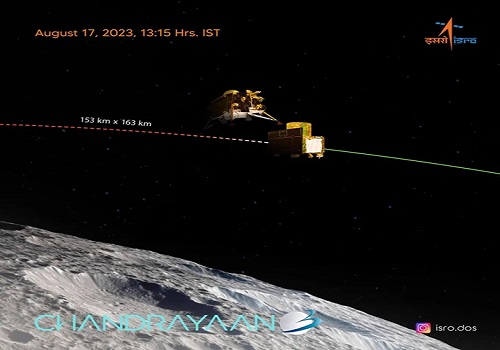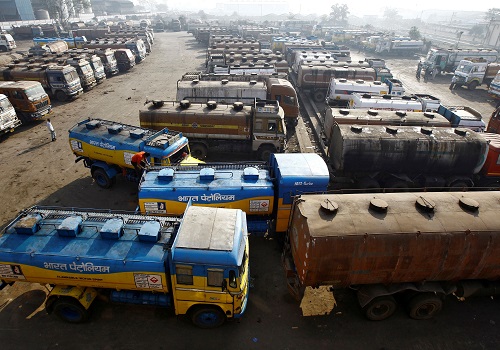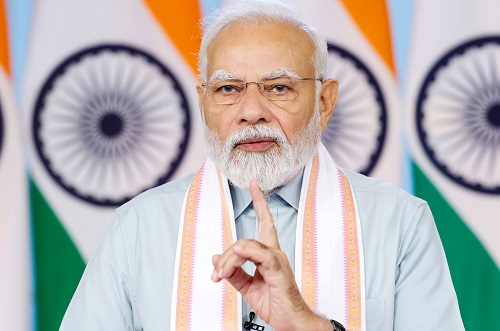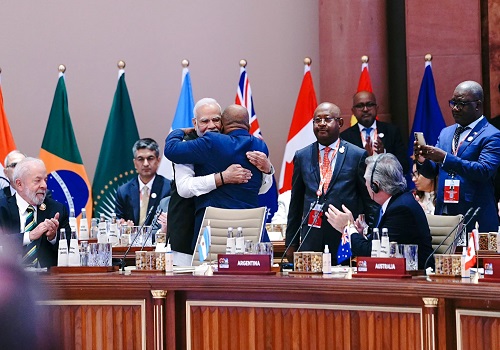India`s moon lander gets closer to Moon

Indian space agency on Friday said it had successfully taken the country’s moon lander closer to the Moon by reducing its orbit.
The Moon lander or the lander is part of the Indian Space Research Organisation’s (ISRO) Chandrayaan-3 spacecraft.
The spacecraft comprises a propulsion module (weighing 2,148 kg), a lander (1,723.89 kg) and a rover (26 kg) .
“The Lander Module (LM) health is normal. LM successfully underwent a deboosting operation that reduced its orbit to 113 km x 157 km. The second deboosting operation is scheduled for August 20, 2023, around 0200 Hrs. IST,” ISRO tweeted.
On Thursday, the lander was detached from the propulsion module at an orbit of 153 km x 163 km around the Moon.
The main purpose of India’s third Moon mission costing about Rs 600 crore is to land the lander softly on the Moon.
The Chandrayaan-2 mission failed as the lander called 'Vikram' crashed on to the Moon.
According to the ISRO, the lander is expected to make a soft-landing near the South Pole of the Moon on August 23 at 5.47 p.m.
The lander will descend to the Moon from a height of about 100 km from the Moon's surface.
The soft landing is a tricky issue as it involves a series of complex manoeuvres consisting of rough and fine braking.
Imaging of the landing site region prior to landing will be done for finding safe and hazard-free zones.
Subsequent to the soft landing, the six-wheeled rover will roll out and carry out experiments on the lunar surface for a period of one lunar day which is equal to 14 earth days.
The Chandrayaan-3 was put into orbit on July 14 in a copybook style by India's heavy lift rocket LVM3.
The spacecraft completed orbiting around the earth and headed towards the Moon on August 1.
On that day a successful perigee-firing performed at ISTRAC, the ISRO had injected the spacecraft into the translunar orbit .
























